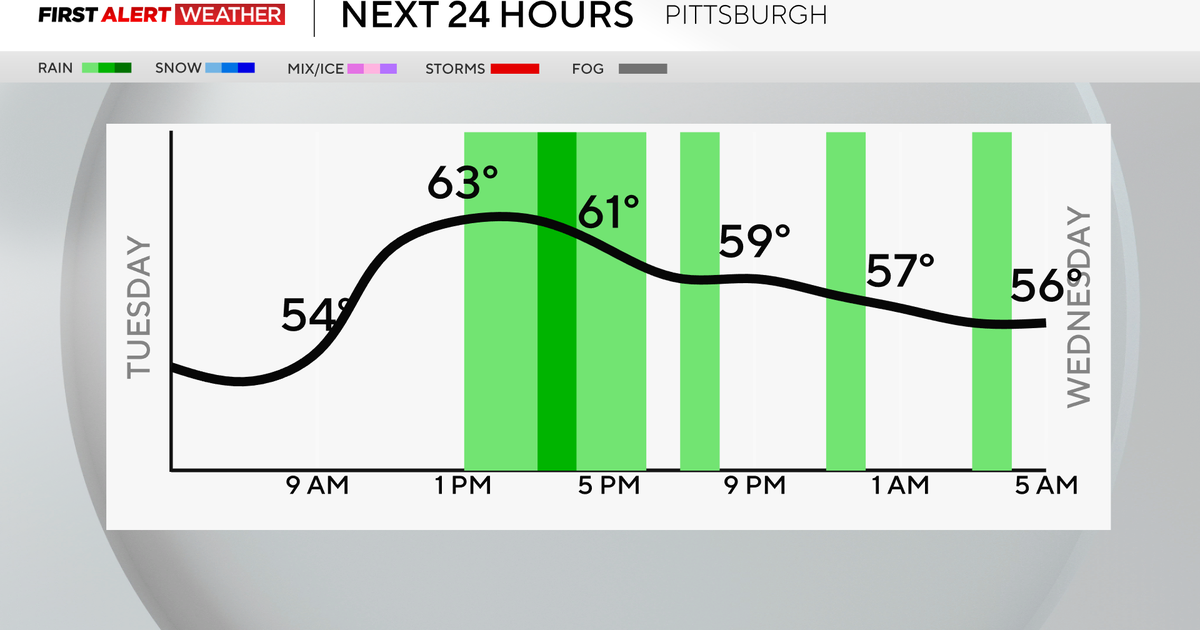Stimulus Check Update: How Will Amy Coney Barrett's Supreme Court Confirmation Hearings Affect Talks?
(CBS Detroit) -- The possibility of another stimulus check reaching Americans in the near future is fading fast. And with Amy Coney Barrett's Senate Judiciary Committee hearings starting today, the priority in Washington has shifted to filling the Supreme Court vacancy left by the passing of Justice Ruth Bader Ginsburg.
Any stimulus package that becomes law would have to be approved by the House and Senate and then signed by President Trump. House Speaker Nancy Pelosi and Treasury Secretary Steven Mnuchin, who represents the executive branch, have taken the lead in stimulus negotiations. And lately, those negotiations have lurched from proposal to proposal.
Stimulus talks continued over the weekend, with little progress. The $1.8 trillion proposal put forth by the White House, which would likely include $1,200 stimulus checks to Americans who qualify, was roundly rejected on both sides of the political aisle. Democrats criticized it for falling short of the $2.2 trillion package it passed a couple of weeks ago and not adequately addressing needs for unemployment insurance and aid to state and local governments. Republicans balked at the high price tag and specific measures contained therein.
But the White House remains upbeat that a deal can be reached to satisfy both sides. "I don't think it is dead at all," said White House economic advisor Larry Kudlow on Sunday. "I think if we could get this thing settled on the Democrat side, we will get it settled on the Republican side." Negotiations are supposed to continue this week.
One new wrinkle in the latest White House proposal is additional money for qualifying child dependents. That number could rise to as high as $1,000 per child dependent. (The HEROES Act proposed $500 payments for dependents regardless of age.) As before, the specifics have yet to be confirmed.
In light of the negative reaction to its weekend proposal, the White House is also pushing a more narrow approach to stimulus. Mnuchin and White House Chief of Staff Mark Meadows asked Congress Sunday for access to the approximately $130 billion still left in the Paycheck Protection Program. This request is also unlikely to move forward given House Speaker Nancy Pelosi's firm resistance to a piecemeal approach of addressing the economic fallout from COVID-19.
The Senate has remained mostly uninvolved in stimulus negotiations, though Senate Majority Leader Mitch McConnell said Friday that a new deal is "unlikely in the next three weeks." The Senate's focus is now squarely on confirming Barrett in the weeks left in President Trump's first term.
The President still -- or once again -- has his eyes set on stimulus, and pushed Republicans this morning to "pull back" on Barrett's confirmation hearings. Those words represent yet another about-face from a week ago, when he urged McConnell to "focus full time on approving my outstanding nominee to the United States Supreme Court, Amy Coney Barrett."
McConnell, however, is unlikely to change course. The Republicans' goal of a 6-3 Supreme Court majority is well within reach. That would mean conservative control of the judicial branch for a generation and a bulwark against the societal and cultural shifts moving decidedly against them. It would also mean the possible end to the Affordable Care Act and legalized abortion in America.
But time is short for the Senate to work through the nomination process -- vetting, public hearings, judiciary committee vote, Senate floor vote, etc. The election is less than a month away, and President Trump's first term will officially end on January 20, 2021. Trump currently trails in national polls by a significant margin and has lost ground in battleground states that will decide the election. In other words, he could lose the election. There's also a very real chance that Republicans will lose control of the Senate, making it impossible for them to approve Barrett to the Supreme Court and gain their 6-3 majority.
The economy very much needs another round of stimulus checks and other measures. Unemployment remains historically high, and COVID-19 threatens further economic damage. But McConnell, who controls the Senate's agenda, isn't going to devote any time to a stimulus package if it endangers Barrett's confirmation and further control of the judicial branch.



